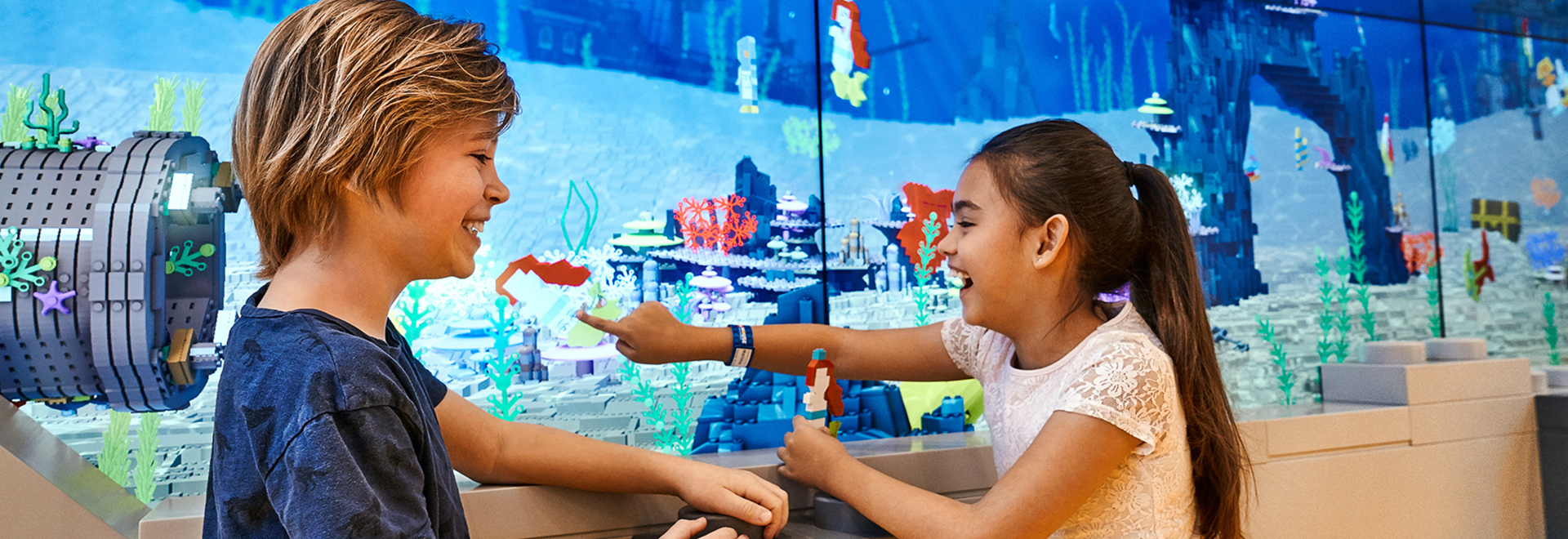The genuine playful learning experience
If you choose to participate in one of our school lessons, we guarantee a playful learning experience based on the following five characteristics for playful learning:
Joy. When children enjoy what they do and are internally motivated, they naturally seek information, take pride in challenges and remember things for longer. The school program is built upon playful learning.
Meaningfulness. Children learn through experiences that are relevant and meaningful, by exploring things in the environment that is familiar to them. Our school program relates the context to what the children already know and are interested in.
Active engagement. When children are active, they combine their body and mind to remember things better and more deeply. Naturally, LEGO bricks are used in the school program to ensure all children are actively engaged.
Iterations. Children learn most efficiently when they experiment with ideas, produce something new, and iterate by comparing new information to their previous understanding. The school program includes iteration loops. With LEGO bricks, you can easily build things you imagine, take things apart and test out new opportunities.
Social interaction. Children co-construct their knowledge in dialogue with other people. The brain learns efficiently through social interactions, jointly creating something and sharing their joy. The school program builds upon children working together and sharing what they are doing.






